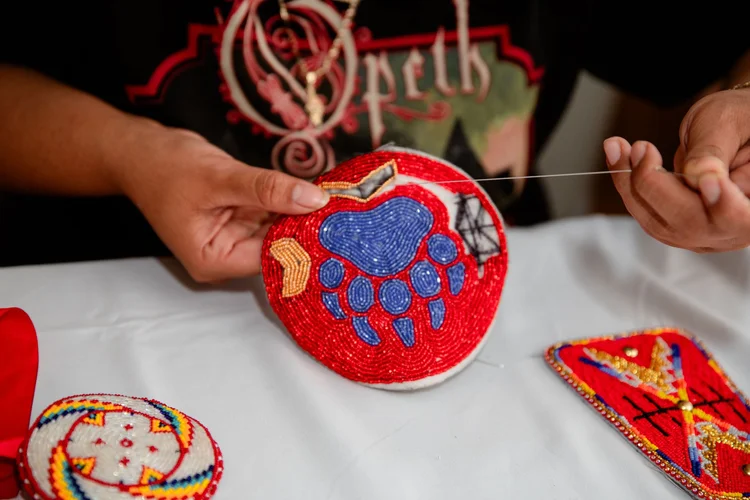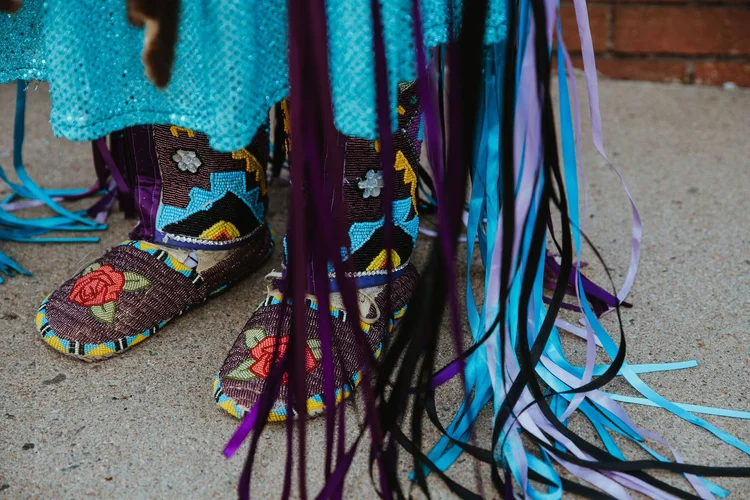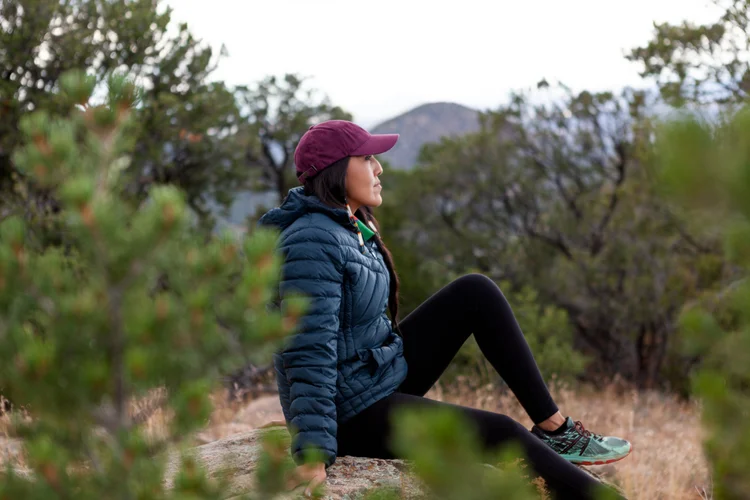
Support For Your Mental Health
Supporting your mental health is a vital part of your overall well-being. The behavioral health team at Denver Indian Health and Family Services has gathered some trusted tools, educational resources, and culturally grounded guidance to help you build emotional resilience and self-care practices.
The links and tips below can help you regulate your nervous system with calming meditations, foster mindfulness in your daily activities, connect you to cultural practices, and inspire you to build relationships with your inner self and your surrounding community.
Our hope is that you find even one tool in these lists that helps you feel more connected, empowered, and supported.
YouTube Channels
Try a calming meditation, gentle movement session, or mindfulness practice to balance your mind and emotions.
Starting Points
Videos, apps, websites, and podcasts to nurture your whole being.
▶️ Calm – Soothing meditations and sleep stories
▶️ Headspace – Guided meditations and mental fitness
▶️ Great Meditation – Daily meditation videos
▶️ Yoga With Adriene – Gentle yoga and breathwork for all levels
▶️ Journey to Mobility – Movement and mobility exercises
▶️ Take a Deep Breath – Breathing techniques and relaxation tools

Websites and Apps
Explore these resources to find support to your wellness journey.
🌐 Insight Timer – Meditation and sleep resources
🌐 Headspace – Mindfulness and stress reduction
🌐 Calm – Sleep stories, music, and breathing tools
🌐 We R Native – Culturally-relevant resources for Native youth
🌐 Indian Health Services – National Native health info
🌐 Native Wellness Institute – Empowering Indigenous communities
Podcasts
Listen to guided meditations, healing conversations, and INDIGENOUS perspectives.
🎧 Meditation Minis – Short meditations for calm and focus
🎧 All My Relations – Indigenous voices and cultural identity
🎧 Mindfulness Meditation Podcast – Practices for stress and clarity
🎧 Unreserved (CBC) – Indigenous perspectives on life and healing
🎧 Toasted Sister – Native foodways and cultural roots
🎧 Powwow Life – Culture, community, and celebration
Build Your Coping Skills
Explore a variety of activities that support emotional and mental wellbeing.

- Smudge yourself
- Pray
- Attend or participate in a ceremonial dance
- Attend sweat, church, or other spiritual gatherings and visit with a spiritual advisor
- Make tobacco ties
- Visit with an elder
- Clean or organize
- Learn about your family tree
- Read and learn about your tribe and its history
- Learn about your tribe's oral stories
- Learn about ceremonies from a respected community leader or elder
- Play a board game or puzzle
- Do beadwork, bead earrings, or moccasins
- Take a relaxing bath

- Sew star quilts or sweat dresses/skirts
- Learn how to make moccasins and regalia
- Learn to dance Jingle, traditional, etc.
- Watch a funny movie
- Learn the history of the dances
- Create art, draw, paint, or doodle
- Journal
- Play a video game
- Read or write a book, poem, or song
- Learn about fishing or hunting with a community leader
- Learn about how to make traditional foods
- Eat a healthy snack
- Offer some of the healthy food to the spirits
- Study or learn your tribal language

- Learn how to do quillwork
- Move your body - yoga, stretching, running, walking, swimming, dancing, etc.
- Drink water or herbal tea - try a traditional tea
- Go horseback riding or learn to ride a horse
- Laugh
- Cook or bake
- Volunteer at an animal shelter
- Take a deep breath
- Listen to your favorite music, sing out loud and proud, or listen to your favorite podcast
- Do karaoke
- Take photos
- YouTube and watch powwow dances or drummers
- Treat yourself to something special, like a massage or a night out
7 Ways to Improve Mental Health
Connect. Spend time with family, friends, coworkers, and neighbors. These relationships support and enrich your everyday life.
Be active. Walk, play, garden, or dance. Choose movements you enjoy and that fit your mobility level.
Get restful sleep. Try setting a consistent bedtime and sleep schedule. This helps you feel rested and alert.
Keep learning. Learn to play an instrument or cook your favorite food. Trying new things can boost confidence and joy.
Give. Volunteering your time or doing something kind for someone else builds community and connection.
Eat well. Choose nutritious foods like berries, beans, lean proteins, and whole grains. Healthy eating supports your body and mood.
Stay hydrated. Drink water throughout the day to help your body function and feel better.
